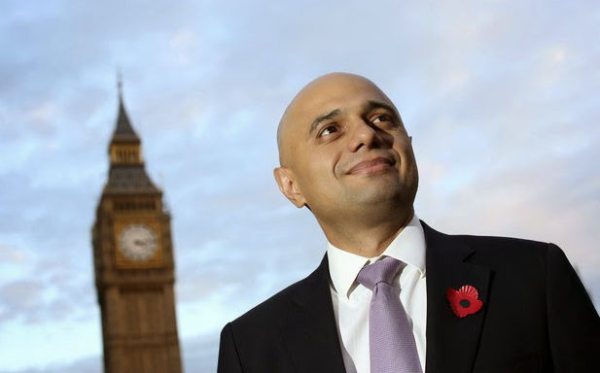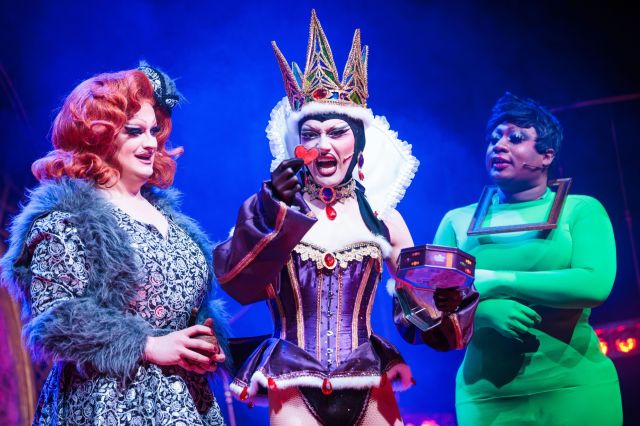Catherine Love: Opening up the dialogue
What might theatre-makers have to gain from starting conversations with those who have differing points of view?

Theatre is often accused of preaching to the converted, be it about politics, the environment or social issues. There is not always necessarily a problem with this. As theatre-maker Dan Bye once pointed out to me, if we’re going to use the religious metaphor then we should remember that the converted seem pretty untroubled by being preached to in church. He argued, "there’s a reason that happens in a church and it’s to galvanise people who already feel in certain ways".
But if theatre mainly speaks to those who share the views of its makers, we are in danger of producing ever smaller circles of conversation. One of the questions at stake here is that of accessibility. Whatever you think of new culture secretary Sajid Javid and his broader politics, his recent call for artists to "make what you do accessible to everyone" was both necessary and persuasive. While some artists and organisations are doing great things to open up their work and their doors, there are still many who feel that culture is not for them. In many cases, this is perhaps because they think that they are not the ones being spoken to.
The other danger is that by ignoring certain opinions and perspectives, we all continue to plough our own blinkered furrows, not attempting to understand differing points of view. The situation is analogous to that currently being experienced in British politics in the wake of the local and European elections. As a number of political commentators have pointed out, to ignore or dismiss UKIP voters now would be a big mistake. The same applies to theatre-makers as to politicians.
So I was interested to hear about two new performance projects which have conversations around difference embedded at their very heart. Chris Thorpe‘s latest show Confirmation, which has been developed with The TEAM’s artistic director Rachel Chavkin and is going to the Edinburgh Fringe this summer, is about confirmation bias: the tendency to favour information that confirms our existing beliefs. As a test of his own beliefs, Thorpe has been having a series of conversations with a white supremacist, trying somehow to map the vastly differing opinions of this individual against his own ways of encountering the world. It sounds knotty, difficult and absolutely fascinating.
Meanwhile, Deborah Pearson has been undertaking a new performance project that involves a series of one-to-one conversations with right-wing voters – in a canoe. The idea is not to rock the boat, but to explore the reasoning of those Pearson disagrees with. Writing about the project for the Guardian, Pearson reflected on the surprise she was sometimes met with during these conversations and the value of this interaction for her as an artist. As she puts it, "If making art is about opening up a space for dialogue, what's the point in having a dialogue with those who already agree with you?"
Of course, no single piece of theatre can speak to absolutely everyone, and attempting to do so is probably the road to insanity. But if theatre really is about conversation, then surely it needs to talk to as many people as possible.












